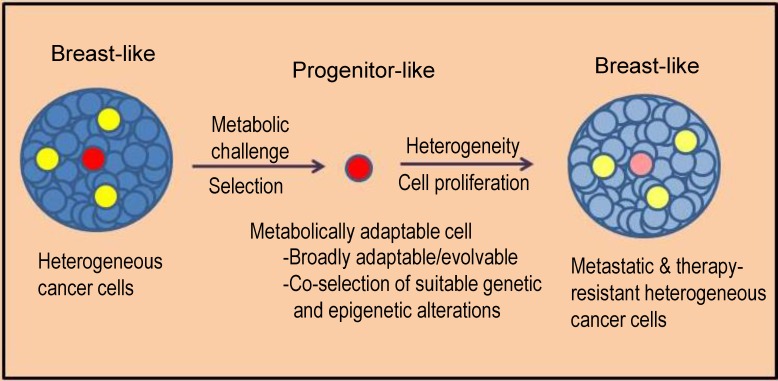Fig 7. A Model Depicting a Snapshot of Evolution-like Process of Breast Cancer.
Cancer progresses through an evolution-like process, which involves selection of adaptable cells under various challenges in the body including therapeutic interventions. A two-way linkage between metabolic state and regulatory state may allow enrichment of fittest cancer cells under metabolic challenges. Our approach involving a challenge of prolonged lack of glutamine in cell culture of a TNBC cell line is intended to enrich the fittest cells that would have a high likelihood of “evolving” to yield metastasis. Our results support this model and suggest that a severe metabolic challenge applied in a setting of high cellular heterogeneity would select rare progenitor-like cells from the majority breast-like cells; it would also co-select genetic and epigenetic alterations that would provide survival advantage in facing a variety of challenges in an evolution-like process ([8], this study). Our results support that progenitor-like cancer cells may utilize energy conservation as a strategy for survival under severe metabolic challenge. We adapted this model from the model presented as Figure 6 in [8].

